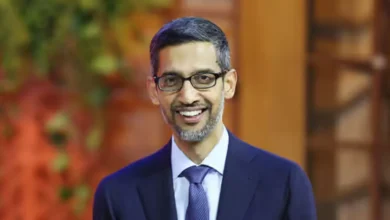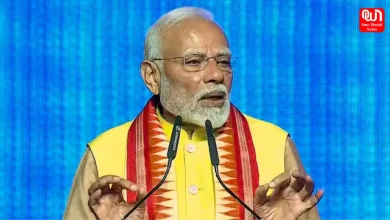Why there is an economic Slowdown in India? Understanding the main reasons

9 main reasons for Economic slowdown in India
The Indian Economy is going through a phase of economic slowdown as GDP growth of the last quarter of FY 2019 was registered 5.8 per cent. The GDP growth of the first quarter could go below 5.8 per cent, and it is an alarming situation. Automobile, Textile, and Real State sector are struggling because of the less demand. Jobs are cut down in these sectors, leaving a lot of people unemployed.
Now, even the government has started to admit that the country’s economy is in the doldrums. Vice-chairman of NITI Aayog Rajiv Kumar said, “This kind of situation has never come in last 70 years where the entire financial system was under threat. He said that the root cause of this financial crisis is the UPA II government.”
Here are a few reasons we have found out which has put India in a vulnerable situation:
Banking crisis
Former RBI governor Raghuram Rajan’s hinted that the banks have started to clean up their balance sheets, ridden by hidden non-performing assets. Raghuram Rajan even sent a list of defaulters, but no action was taken against them. Banks then reduced giving out credit to the industry, contributing to liquidity crunch after the stress of NPAs. The late arrival of recapitalization also exerts our mind on the vicious cycle where demand collapse and bad debt leads to no lending and no fresh investment.
Demonetisation
Demonetisation which happened in November 2016 dealt a severe blow to consumption. This led to a vicious cycle of job loss and lower-income which led to a further drop in demand and supply bottlenecks. It’s not just the private consumption which is hurting India. Big corporates are also to be blamed as they are drowning in debt which they accumulated at the time of booming years during 2000-2010.
Demonetization has led to freezing on investment by Industrial houses and corporates. They are currently paying their debts or postponing repayments to ensure that their present cash flow is enough to stay in business.
GST
It can’t be denied that rollout of GST is also one of the factors of economic slow-down. GST had a knock out effect on exports growth in the year of implementation because refunds to exporters were delayed. GST hampered the small business and forced them to withhold inventory until they move to the GSTN or GST network. The businessman had to follow numerous rules and regulations as a part of the new tax. GST was hailed as a good move but implementation and occasional changes to the tax slabs became the road blocker to people.
Tight Monetary & Fiscal Policies
The monetary policy has been focused on inflation control which has ensured hard interest rates since 2016-17. The fiscal deficit of both the State and Centre government has been high.
Global Slowdown
The US-China trade war has led global sentiments to remain poor making the prospects of an export-led growth bleak. India is a net commodity exporter and there has been a fall in the volume in exports. A looming Brexit with its pioneer and new Prime Minister Boris Johnson have made the economic outlook appear bleak.
The price of Crude oil has also increased which was stable in the first three years of Modi government.
Farmer’s Empty Pockets
The continued surpassing of Non-food inflation to food-inflation in last two years has led to income transfers from rural to urban areas. Farm income might increase from the government’s income transfer scheme. The increase in prices of food would boost the terms of trade which could make things better in the second half of this fiscal.
Read more: Amazon is on fire: The unnatural fire in global resource needs accountability
India’s economic ranking slips
One of the fasted growing economies in the World is no longer at the fifth position in the list of the biggest economy in the World. As per the World Bank Data, UK and France have grown faster ahead of India in 2018. India who is dreaming of becoming 5 trillion dollar economy in the next five years was on 7th position on the list in 2016. We rose to 5th position leaving UK and France behind and only next to America, China, Japan, and Germany in 2017 but came back to 7th position in 2018.
Foreign Investors Flee
After new higher tax surcharge was proposed for the super-rich in this year’s budget, foreign portfolio investors have flown. More than Rs 12,000 crore has been pulled out by foreign investors in July. Earlier FIs had pulled out Rs 29,000 crore in October.
Structural shift
The Country is going through a longer-term structural shift where the economy is shifting gears from high investment era to a low investment era. The cash-driven economy is also changing to a digitally-enabled economy.
Have a news story, an interesting write-up or simply a suggestion? Write to us at info@oneworldnews.com







